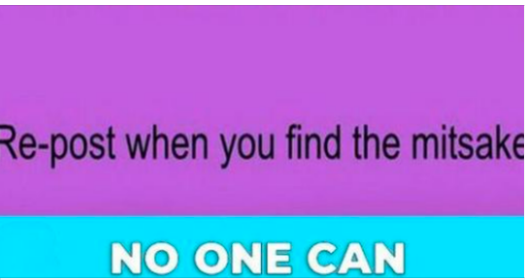Puzzles have long fascinated people from all walks of life. From simple brain teasers to complex, mind-bending challenges, puzzles offer a unique opportunity to exercise our minds and unlock our full potential. But puzzles are more than just a fun and engaging activity – they also offer a wide range of benefits that can improve our cognitive abilities, enhance our problem-solving skills, and even boost our career prospects.
One of the most significant advantages of puzzles is their ability to improve our cognitive functions. By regularly solving puzzles, we can enhance our memory, concentration, and analytical skills. Puzzles challenge our minds to think creatively, make connections between seemingly unrelated concepts, and approach problems from different angles. This, in turn, can help us develop a more flexible and adaptable mindset, better equipped to tackle the complexities of everyday life.
A classic example of a puzzle that challenges our conventional thinking is the “Find the Error” puzzle that recently took the internet by storm. At first glance, the puzzle appears to be a simple arrangement of numbers from 1 to 15. However, as we delve deeper, we realize that the numbers are perfect, with no missing or incorrect ones. It’s only when we take a step back and look at the bigger picture that we notice the mistake – a cleverly hidden misspelling in the sentence below the numbers.
This puzzle teaches us a valuable lesson – that sometimes, the solution to a problem lies not in the details, but in the broader context. By training our minds to think more holistically, we can become better problem solvers, more adept at finding creative solutions to complex challenges.
The benefits of puzzles extend far beyond the realm of cognitive improvement. Research has shown that regularly solving puzzles can also have a positive impact on our mental health and wellbeing. Puzzles offer a healthy distraction from the stresses of everyday life, providing a sense of accomplishment and satisfaction when we finally solve them.
In addition, puzzles can also play a significant role in our personal and professional development. By cultivating our analytical and problem-solving skills, we can become more effective and efficient in our work, better equipped to tackle complex challenges and make informed decisions. In fact, many employers now recognize the value of puzzle-solving skills, seeking out individuals who can think creatively and approach problems with a flexible and adaptable mindset.
So, the next time you come across a puzzle, don’t be afraid to give it a try. Whether it’s a crossword, Sudoku, or a complex brain teaser, you’ll be exercising your mind, improving your cognitive abilities, and unlocking your full potential. Happy puzzling!


